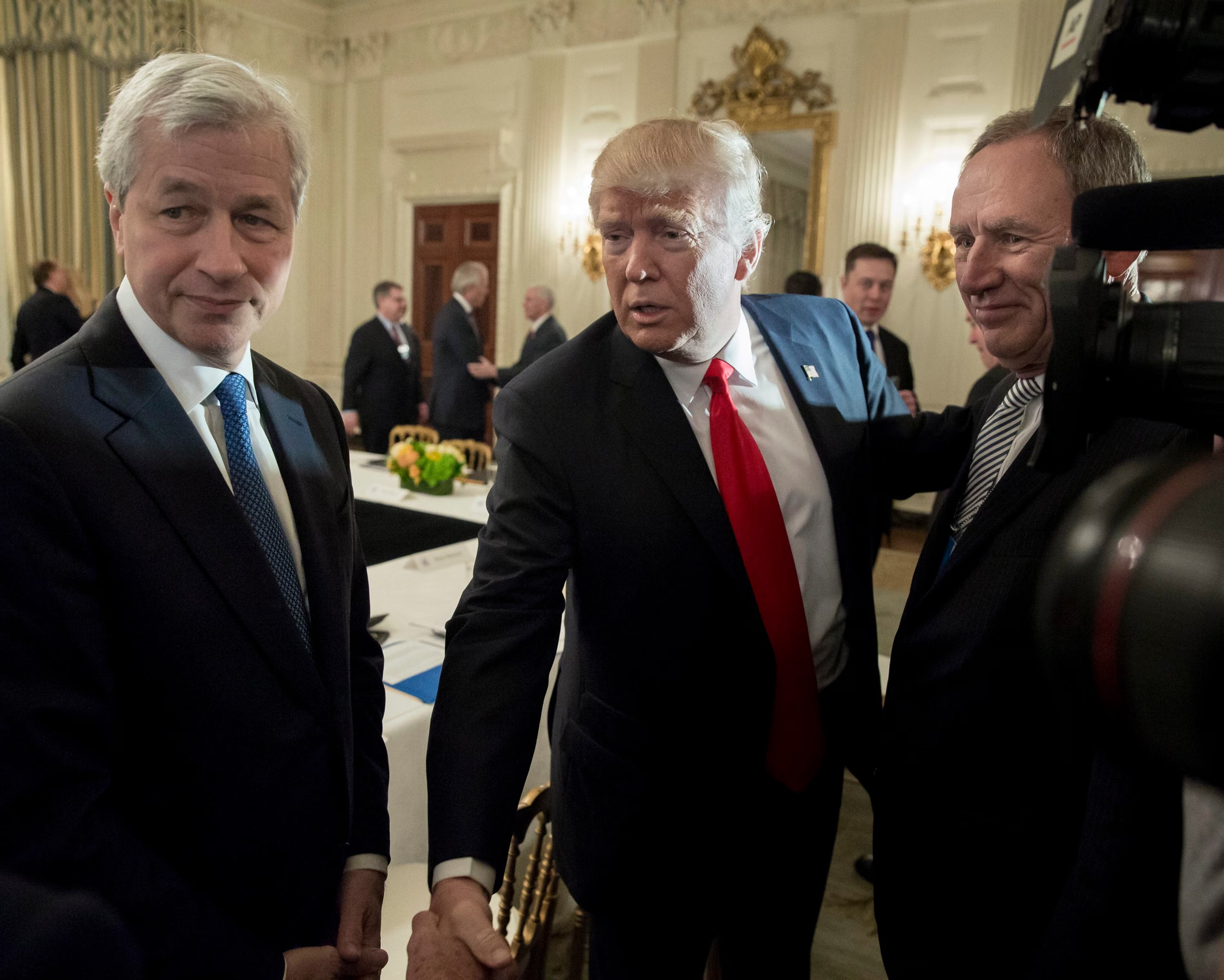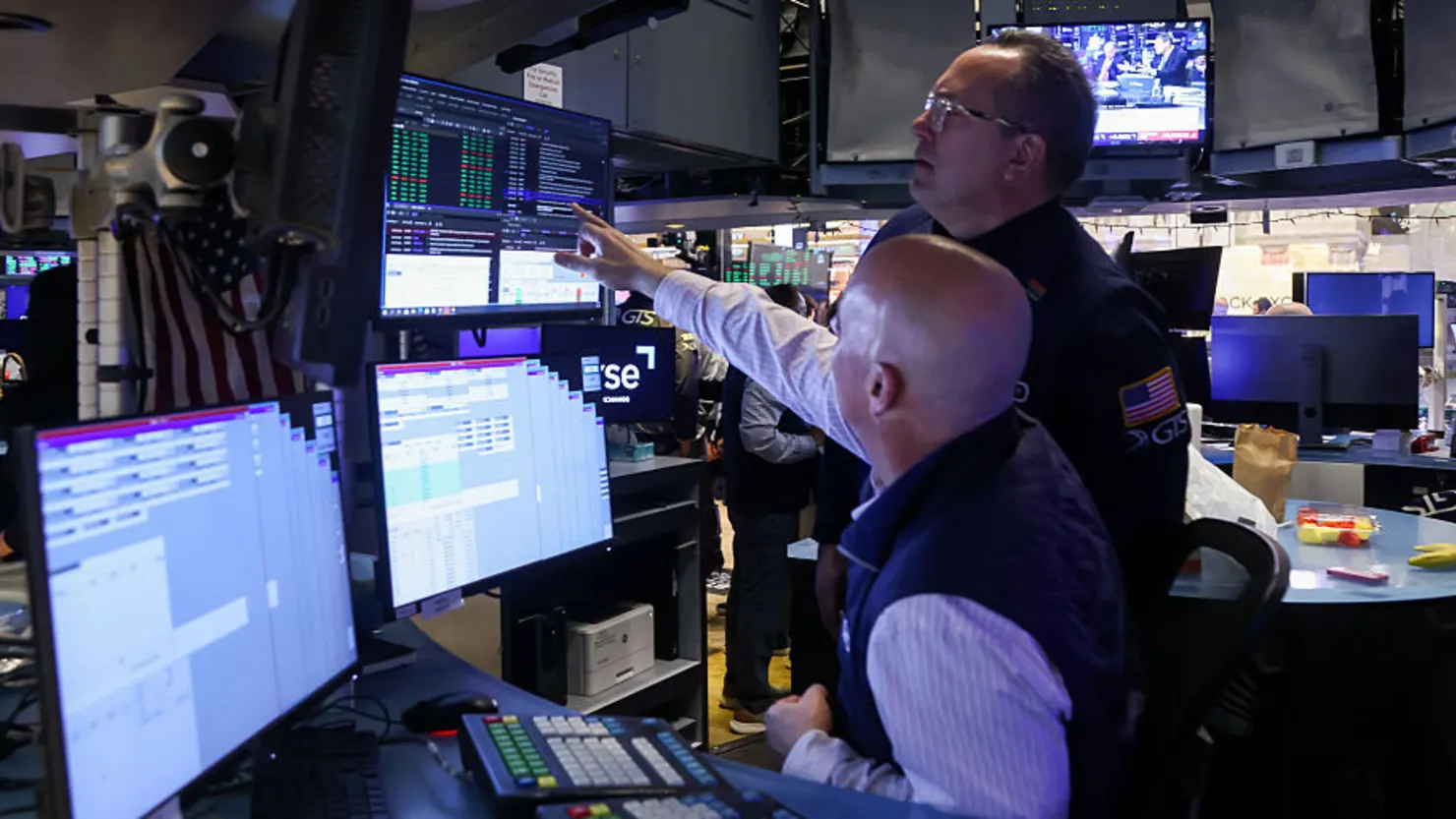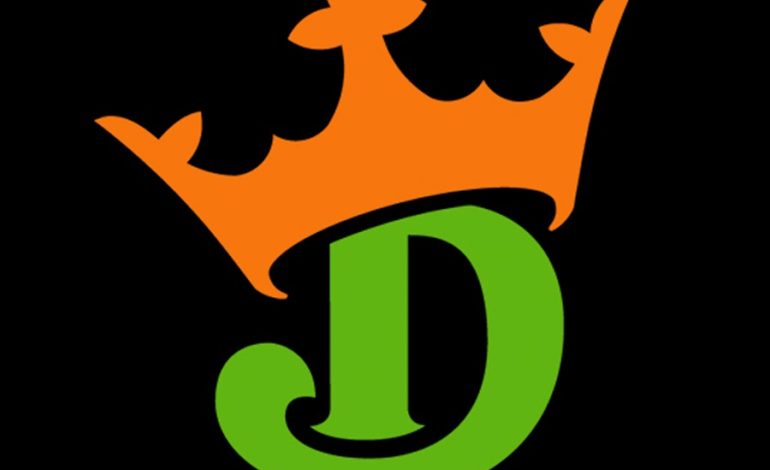As the NFL season kicks off — prime time for sports betting — Wyoming quietly has some skin in the game. The state treasurer’s office confirmed Wyoming owns 2,326 shares of DraftKings, worth about $110,834 as of Wednesday. It’s not a new fling, either: the state has been in and out of the stock for more than two years.
DraftKings is a $23.5 billion company. Even when Wyoming’s position peaked — 12,635 shares (about $419,000) at the end of March — it was a rounding error to Boston-based DraftKings, and to Wyoming’s massive investment pool.
That’s why Sen. Tara Nethercott (R-Cheyenne), who chairs the Select Committee on Capital Finance and Investments, isn’t worried about the state’s regulatory work colliding with its portfolio. Lawmakers are weighing changes to tax rates for sports betting and other gaming, but, as she put it, Wyoming’s impact on DraftKings’ bottom line is about as consequential as the state boycotting Coca-Cola:
“If all of Wyoming stopped drinking Coca-Cola — not sure it would matter much.”
Her broader point: it’s smart to revisit whether Wyomingites are getting a fair return from gaming given the industry’s profits — and to weigh social costs — but the state’s tiny equity stake won’t tilt policy.
Rep. Tony Locke (R-Casper), who chairs House Revenue, says the idea of the state investing in a gambling company raises questions he wants to dig into before passing judgment.
Sen. Cale Case (R-Lander), a former Revenue chair, is blunter: he doesn’t like the optics of investing in gambling while the Legislature is actively revising authorizations and tax rules for the industry. He also points out DraftKings is a volatile stock (Yahoo Finance notes 16 swings greater than 5% in the past year), even if Wyoming’s overall portfolio is broadly diversified.
This wasn’t a hand-picked bet on sports books. Jeff Robertson, spokesperson for the treasurer’s office, says the shares sit in a US Domestic Small Cap strategy where buys and sells are guided by an internally built, mathematics-based model designed to mirror a broad small-cap index. It’s not AI, he emphasized. The state’s investment team — which includes programmers — builds and runs the models and rebalances as needed.
The Legislature legalized online sports wagering in April 2021; DraftKings launched in the state that September, making Wyoming its 13th authorized market. Since then, lawmakers have kept tuning the rules and taxes around gaming — and that policy work is expected to continue this interim.
Wyoming’s DraftKings position over time (point-in-time snapshots)
- 30, 2022: 5,838 shares (~$88K)
- 31, 2022: 7,460 (~$84K)
- June 30, 2023: 4,502 (~$119K)
- 30, 2023: 6,020 (~$177K)
- 31, 2023: 4,681 (~$165K)
- 31, 2024: 4,511 (~$204K)
- June 30, 2024: 5,307 (~$202K)
- 31, 2025: 12,635 (~$419K)
- June 30, 2025: 1,981 (~$84K)
- Current (Wed.): 2,326 (~$110,834)
Wyoming’s stake in DraftKings is tiny in market terms, but it’s big on optics. Expect lawmakers to keep debating whether it’s appropriate to hold shares in a company tied to an industry the state is actively regulating — even if, financially, this is just one small tile in a very large portfolio mosaic.
The original story by Clair McFarland for Cowboy State Daily.










The latest news in your social feeds
Subscribe to our social media platforms to stay tuned